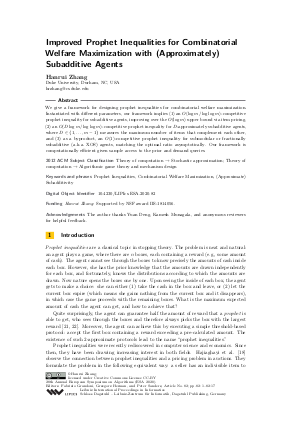LIPIcs.ESA.2020.82.pdf
- Filesize: 463 kB
- 17 pages

 Creative Commons Attribution 3.0 Unported license
Creative Commons Attribution 3.0 Unported license
























Feedback for Dagstuhl Publishing